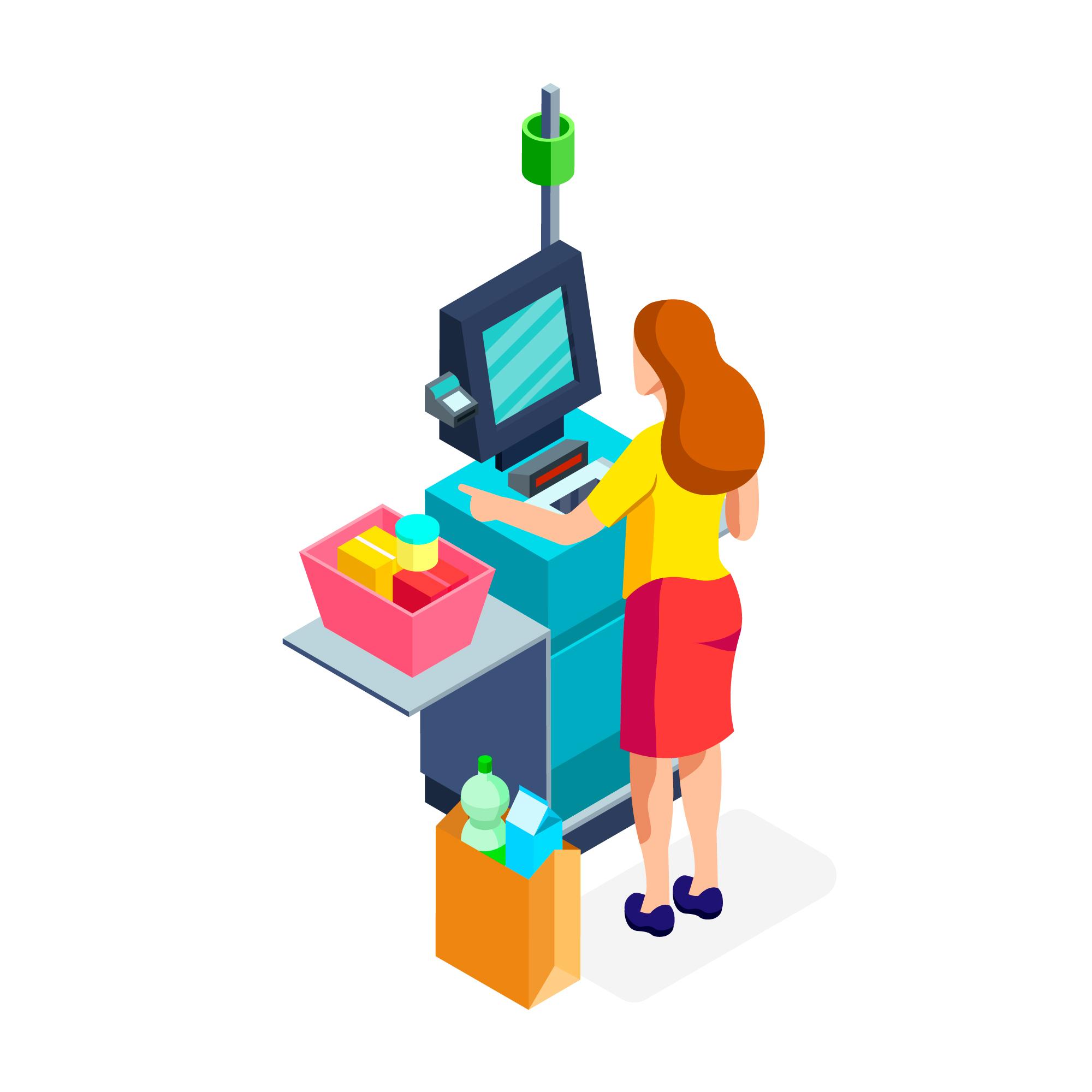Budgeting is essential to gain success in busy restaurants. Every penny counts, and staying on top of spending, revenue, and inventory is a tough job. However, point-of-sale (POS) systems have made restaurant financial management easier and more efficient than ever before. Let’s take a look at how a POS system can work its financial magic and positively impact restaurant billing data for restaurant financial management.
Real-time sales tracking
One of the most important benefits of POS systems is the ability to track transactions in real-time. Gone are the days when receipts were handled manually and sales accounts were filled in spreadsheets. With a POS system in place, every transaction is recorded immediately, providing up-to-date insight into revenue. This real-time analytics enables restaurant owners and managers to make informed decisions on the fly, adjusting pricing strategies or inventory levels as needed to maximize profits a perfect formulation to overlook on restaurant financial management.
Inventory management
Effective inventory management is essential to controlling costs and minimizing waste in a restaurant. POS plays a key role in this by automatically updating inventory levels with each sale. This real-time inventory tracking helps prevent inventory and enables better forecasting and purchasing decisions. By identifying popular foods and tracking ingredient usage, restaurant owners can streamline inventory management and reduce unnecessary costs.
Simplified accounting procedures
Managing expenses, payroll and taxes can be very difficult for restaurant owners, especially during busy times. Fortunately, many modern POS systems offer integrated accounting features that simplify these processes. From tracking expenses and preparing financial reports to payroll and tax returns, POS systems can automate many accounting tasks, saving time and reducing the risk of mistakes. This automation not only increases productivity but also gives restaurant owners greater awareness of their financial health.
Increased consumer demand
Understanding customer preferences and behaviors is essential to driving repeat business and increasing revenue. POS systems can capture valuable information about customer orders, preferences, and spending habits, providing restaurant owners with actionable insights into their target audience. This information from internal research enables restaurant owners to tailor their menus, promotions, and marketing efforts to meet the needs of their customers, ultimately leading to loyalty and increasing sales.
Fraud Prevention
Unfortunately, the restaurant industry is not immune to fraud, whether through employee theft or credit card fraud. POS systems can help mitigate these risks by implementing robust security features such as user authentication, transaction logs, and encryption. By monitoring transactions and detecting suspicious activity in real-time, restaurant owners can identify and address potential fraud before it escalates, protecting their bottom line and reputation.
Conclusion
In conclusion, POS systems are not just a way to process payments; It is a powerful ally in restaurant budget management. From real-time sales tracking and inventory management to flexible accounting systems and customer insights, Choose BillChampPOS offers many benefits that can help restaurant owners improve their bottom line and achieve long-term success.







